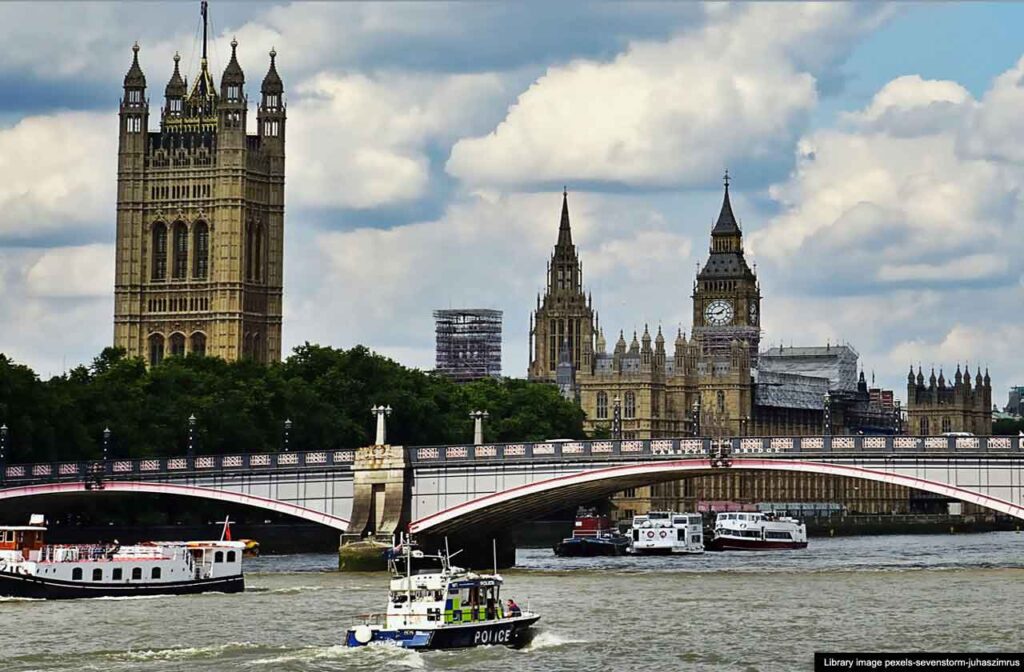Grab your broomsticks and your history books, folks, because the county town of Maidstone is in an absolute frenzy! Maidstone Borough Council Leader Stuart Jeffery has officially written to Home Secretary Shabana Mahmood, urging the government to introduce a “Turing’s Law” for the tragically-convicted “witches” of the past. It’s a modern-day call for a general pardon for the hundreds of women executed under the dusty old Witchcraft Act (1562), including seven poor souls hanged at Penenden Heath in 1652.
The story is less about flying toads and more about devastating injustice. According to Councillor Jeffery’s letter, the women—including Anne Ashby, Mary Brown, and Mary Reade—were not convicted for magical malefic, but for the crime of being “poor, single, widowed, or healers.” In short, their persecution was rooted in a volatile brew of misogyny, fear, and social scapegoating. Even a last-minute reprieve for three of the women arrived heartbreakingly late, proving the system was utterly rotten.
“They weren’t witches, they were women who had no one to speak for them. They were executed for being different,” declared Councillor Claire Kehily, who is spearheading the campaign for a permanent memorial.
The campaign has bewitched the local area. A petition calling for a monument has hit the council, stressing that vindicating these women is crucial to addressing modern-day social injustice. Meanwhile, the Maidstone Museum has embraced the historic hubbub with a new exhibition exploring superstition and persecution, featuring creepy cool artefacts like ‘witch bottles‘.
The legal parallel drawn is a clever one: Jeffery’s appeal is based on Turing’s Law (2013), which granted posthumous pardons to gay men convicted under discriminatory laws.
“These historic acts of murder cannot be undone,” he claimed, “but those women could be granted a general pardon by a similar route.”
Councillor Tony Harwood, who represents Penenden Heath, felt a “heavy responsibility” to keep the memory of the cruelties alive. He stressed that in an era where the voiceless are often demonised, a pardon is “long overdue” and could offer a “kind of closure and catharsis” for the community. Perhaps the most surprising twist is that this historical crusade is deeply tied to Maidstone’s future. The council sees this effort as part of its broader, ongoing commitment to tackling gender-based violence. Under its Community Safety Partnership Plan, the council is focused on preventing violence against women and girls through campaigns, supporting male allyship, and collaborating with the White Ribbon campaign. By acknowledging the horrific past, Maidstone Council is making a bold statement: confronting historic injustice is key to fighting gender-based abuse today. As Cllr Jeffery put it, they are working hard “to ensure that everyone feels safe and secure” in Maidstone.
If this legislative effort is successful, the Maidstone Seven—and countless others—could finally be cleared of the most ridiculous charges in English legal history, turning a dark, zany tale of persecution into a bright, powerful chapter of posthumous justice.
